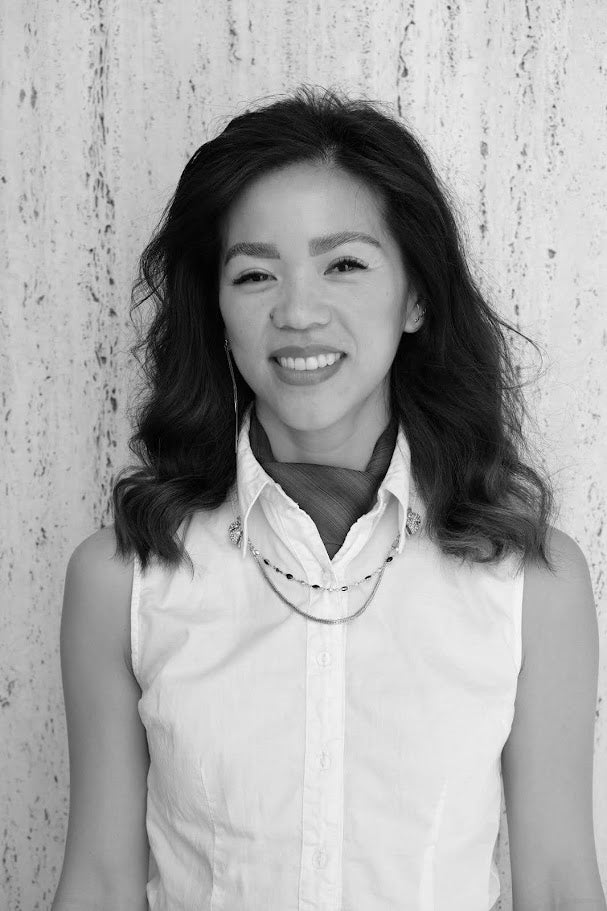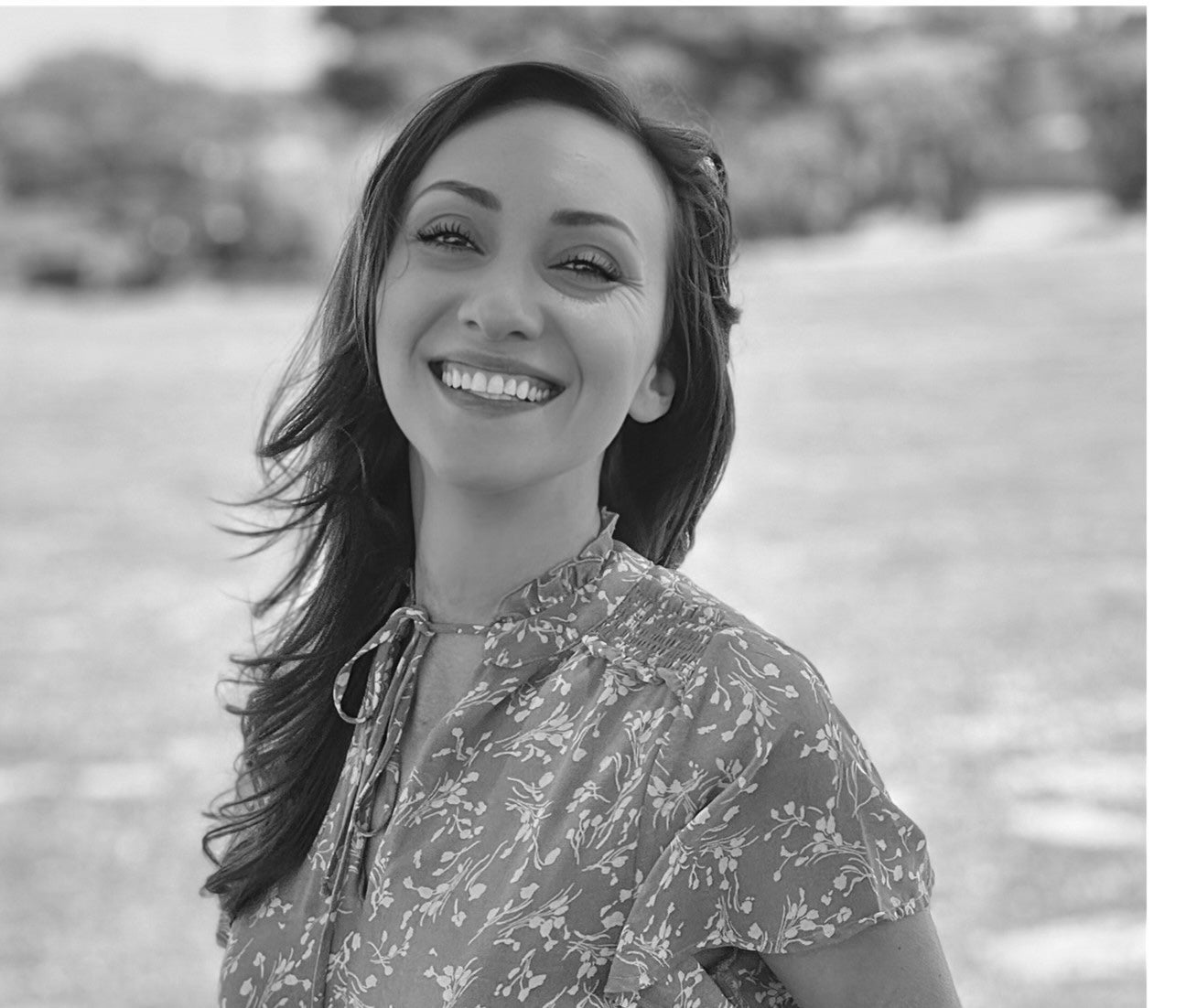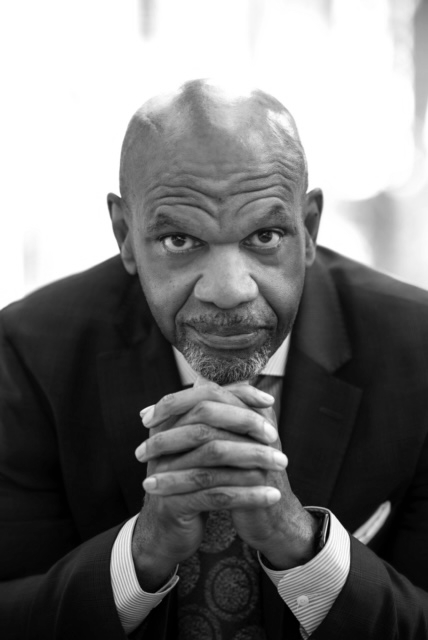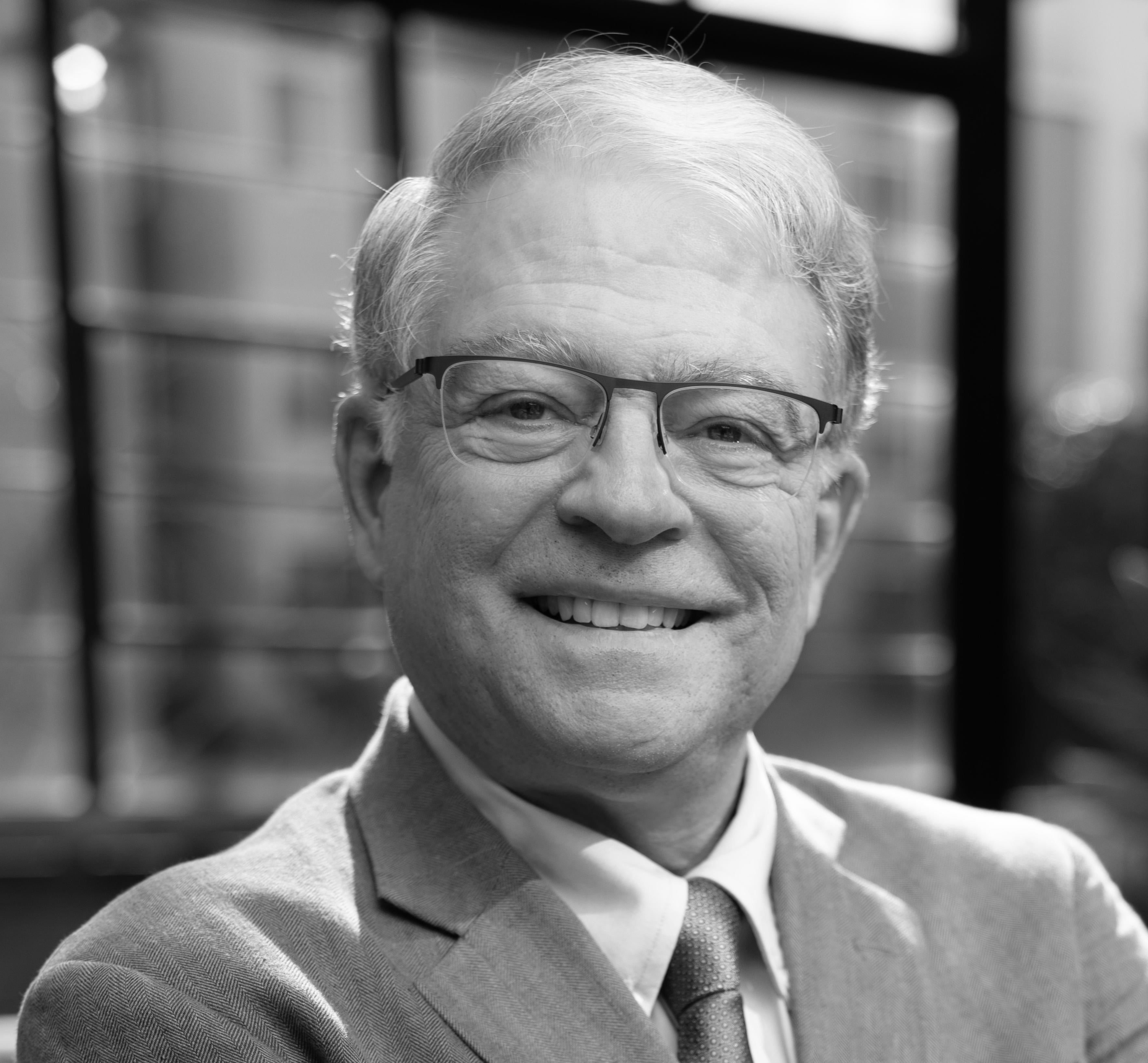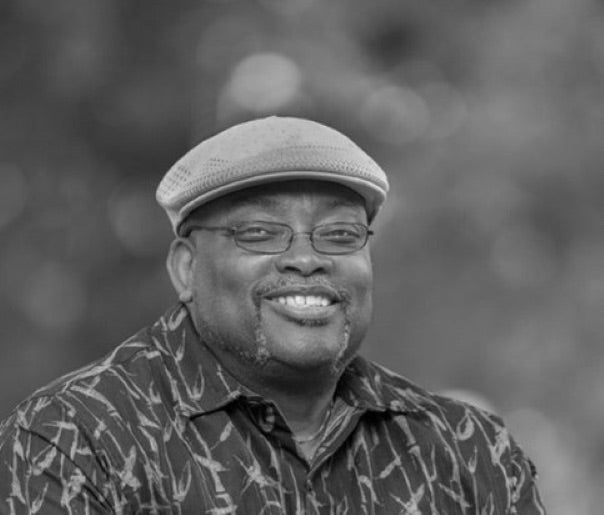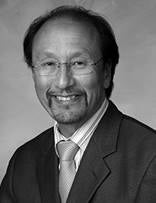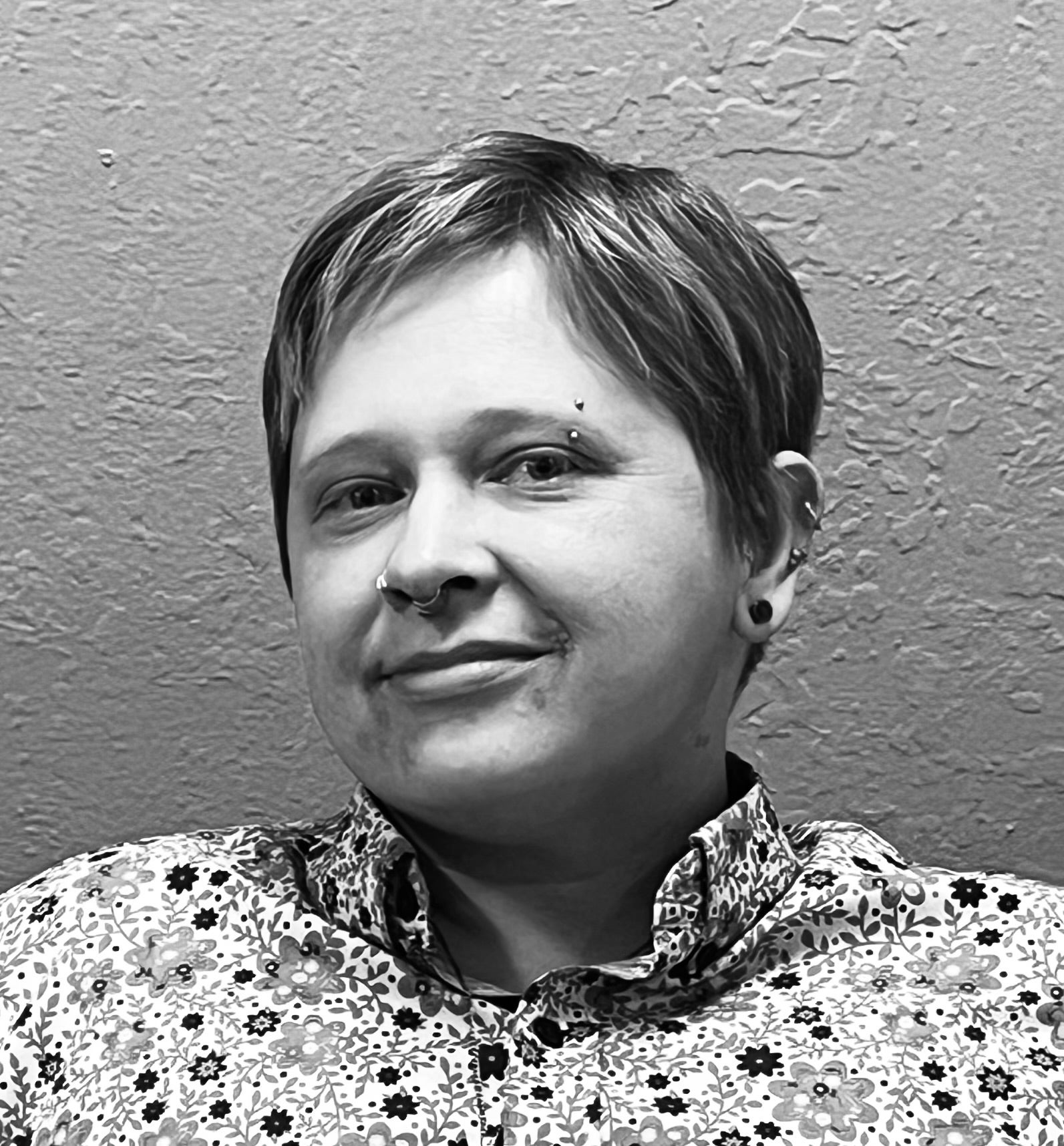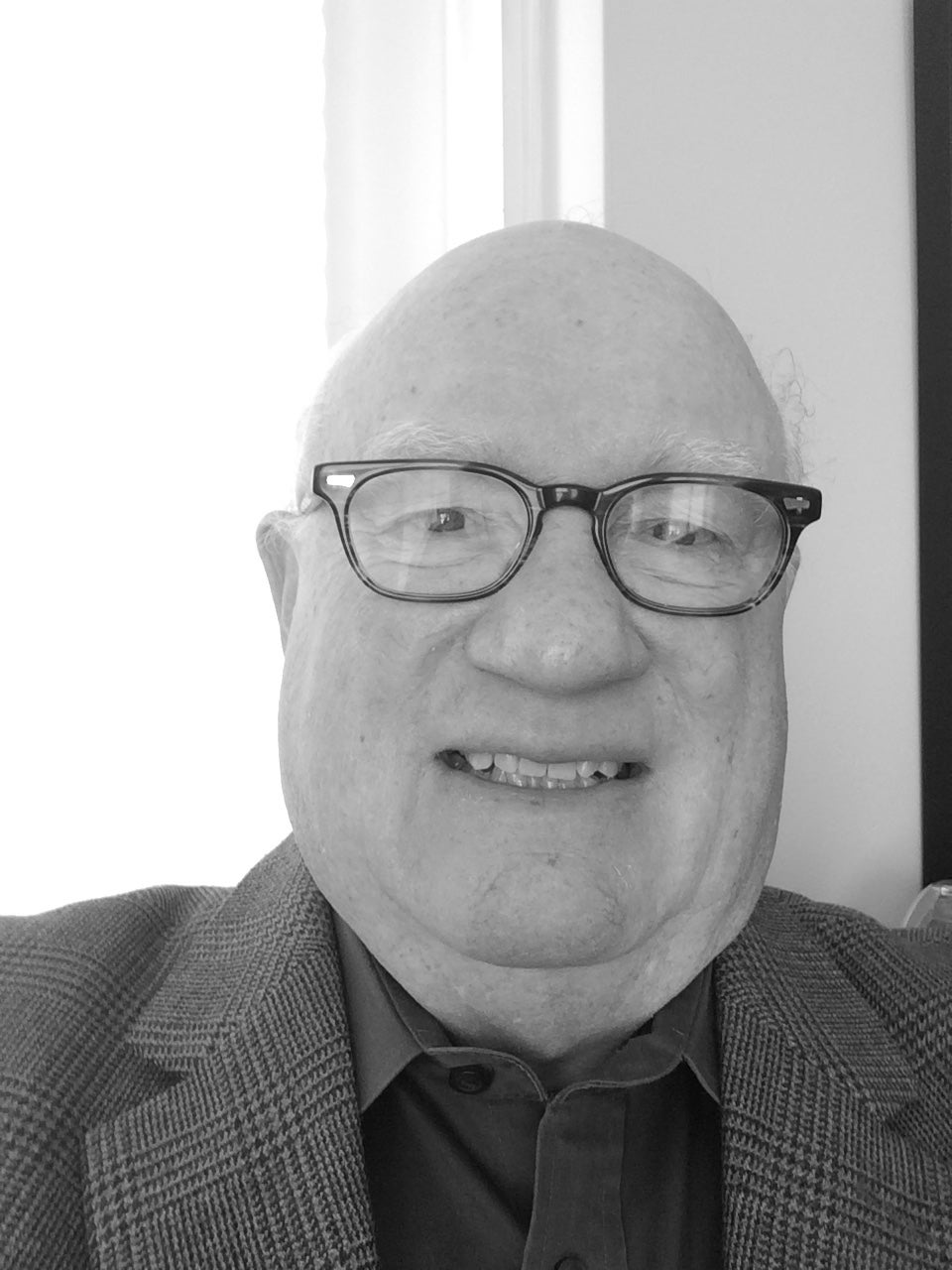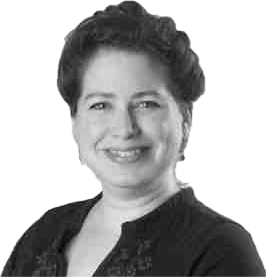Nusha Nouhi

Nusha Nouhi is a clinical psychologist whose path began at nineteen while volunteering at City of Hope Medica center in the pediatric cancer program. Working with children facing serious illness opened her eyes to the emotional landscape of medical hardship and showed her how deeply identity, family systems, and resilience shape the individual's prognosis and their experience of care. That early exposure sparked a lifelong commitment to behavioral medicine and supporting individuals through complex health journeys.
She went on to train within a range of clinical environments, including UC Davis Medical Center for predoc internship and St Judes Ranch for Children during her postdoctoral fellowship; later she worked in integrated health care settings; her experience at Scripps Health further strengthened her understanding of integrated care and the importance of collaboration between psychologists, physicians, and allied professionals. Across these settings she supported individuals coping with chronic illness, major life transitions, and the often unseen emotional work of rebuilding a sense of self.
Nusha brings this lived clinical experience into her teaching. She views education as a privilege and is committed to creating a learning environment grounded in warmth, curiosity, and clear integration of theory and real world practice. She believes that psychologists grow through thoughtful reflection, strong conceptual foundations, and exposure to the realities of their chosen field.
Nusha’s professional interests grow from her belief that psychologists learn best when education reflects the complexity and interconnectedness of real clinical work. She is drawn to creating learning experiences that help students understand how identity, stress, illness, and behavior interact, and how these themes appear in every practice setting.
She is deeply committed to integrated care and invests in preparing students to collaborate within teams by helping them understand how interdisciplinary environments function and how psychologists can contribute with clarity, steadiness, and a strong clinical presence. She also highlights how all branches of psychology overlap in practice, showing students that topics like health, stress, substance use, and behavioral patterns emerge across settings, whether they are working in forensic environments, hospitals, community clinics, or private practice.
Nusha is passionate about broadening students' exposure to the field and regularly invites guest speakers who bring real world perspectives from diverse clinical and medical environments. These experiences support students in seeing the range of roles psychologists can play and help them imagine the professional paths they may pursue.
She is also committed to public education and contributes to media outlets to share accurate, accessible psychological information with the general population. Through teaching, program development, and public communication, she hopes to support the next generation of psychologists in finding their voice and serving communities with confidence, compassion, and curiosity.
- Introduction to Behavioral Medicine
- Issues in Chemical Dependency


